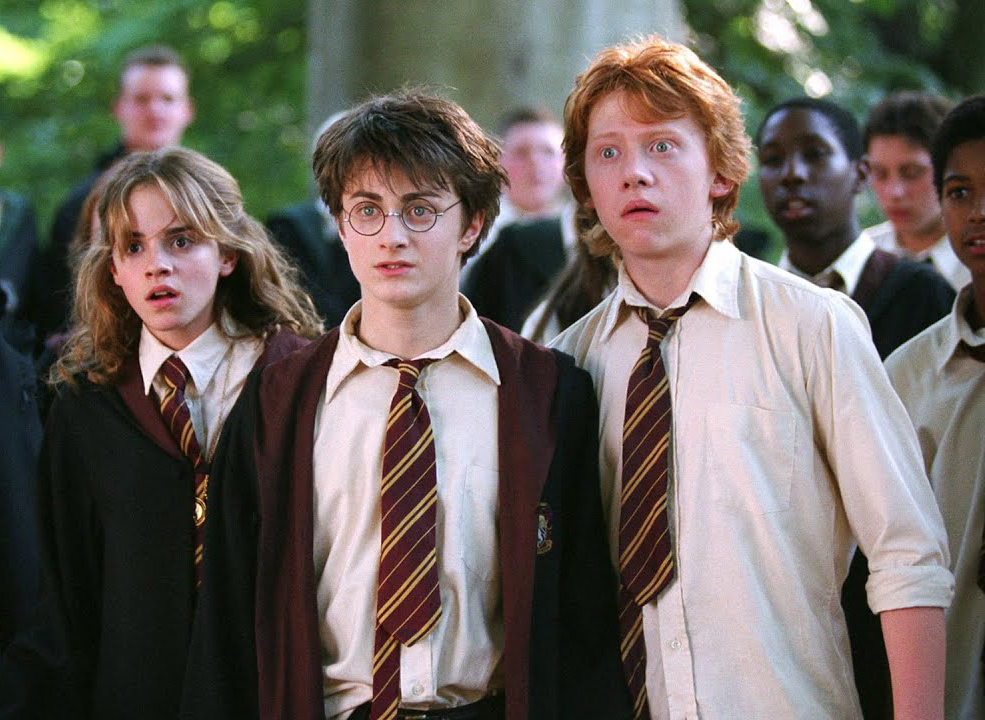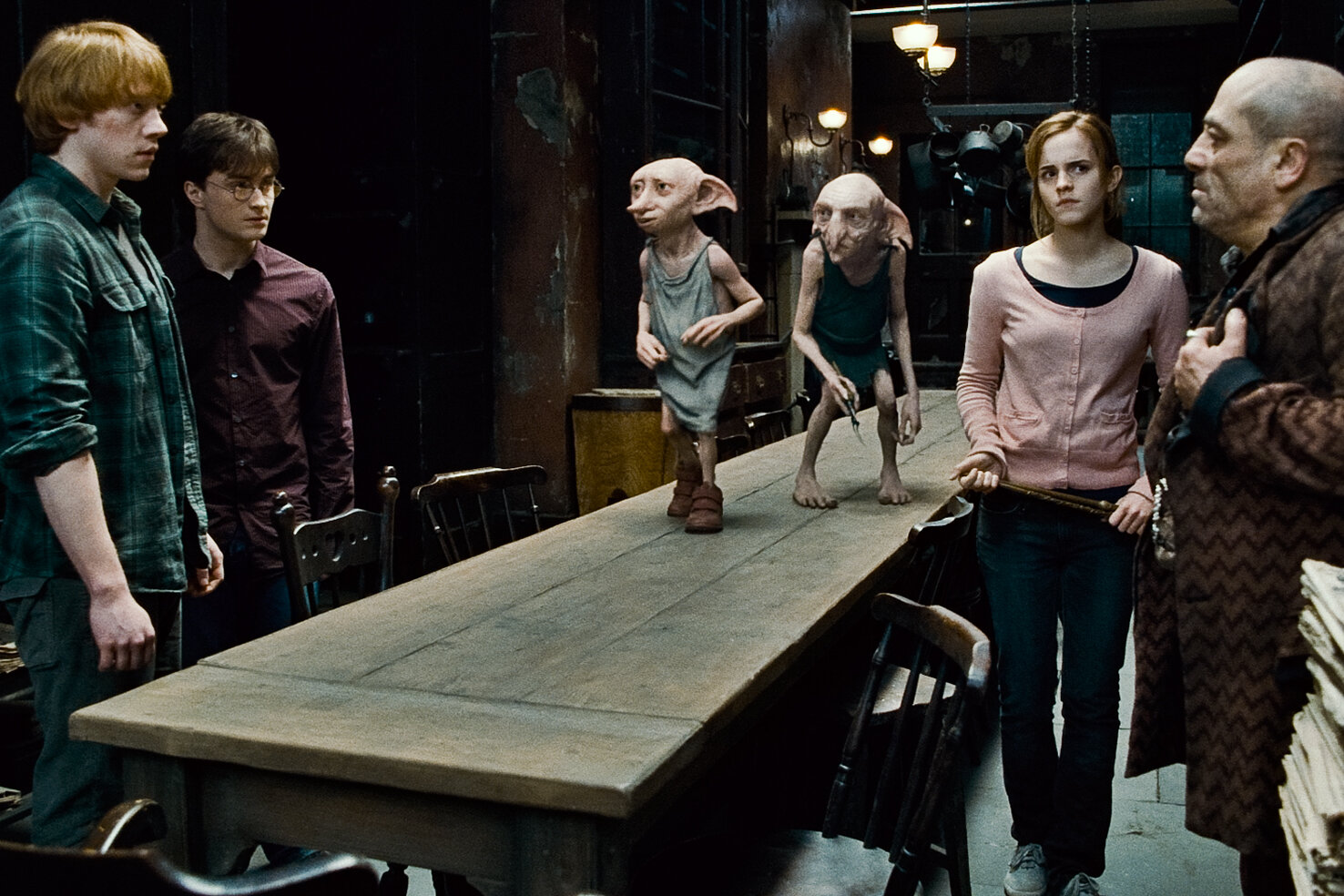How the Harry Potter reboot can change franchises forever
Last week, chairwoman of Warner Bros. Television Group – the world’s biggest television studio – described bringing Harry Potter to the small screen as a dream. She was at an industry event where she gave an update regarding the studio’s many upcoming projects.
When Channing Dugney wrapped up everything, the host turned and asked about the very thing everyone was dying to know more about: is there any news regarding the Harry Potter reboot series?
Dugney smiled.“It’s an unbelievable dream, honestly, and as somebody who is a huge fan of books, the opportunity to get to explore them in maybe a little bit more in-depth than you can in just a two-hour film, that’s the whole reason we’re on this journey”.
Online communities and news websites went berserk. The Harry Potter franchise is one of the most recognisable and profitable in existence, with a total revenue estimated back in 2016 of $25 billion. It’s massive, expanding the original seven-book series into an extremely successful film series, theme parks, a stage play and an ungodly amount of merchandise opportunities. The HBO series is an all but guaranteed success, provided they do good work, which is why they hired top industry professionals to take the helm.
The reboot series is expected to run for at least seven seasons, each season covering one of the books. Francesca Gardiner heads the writing team and director Mark Mylod will be directing a number of episodes, signalling a more adult, definitely more complex storytelling, as the duo last worked on the critically acclaimed Succession series.
HBO is heavily betting on the series becoming a new Game of Thrones phenomenon and reigniting interest in the franchise so they can rake in the billions. Warner Bros. is taking no chances with this one.
Which is exactly why they should.
Established franchises are great for a time but as the world changes so does art. Creativity is not like religion; dogmatic, unchanging and fiercely opposed to new ideas. Adapting works of art in a respectful manner to make them reflect the time and the medium it is adapted for can open new and exciting avenues for storytelling.
Working within the established lore of a franchise though is extremely limiting and makes for bad storytelling. The most one could hope for is “as expected”. Innovation and experimentation are not concepts that are welcome within the confines of franchises.
The saddest thing is those limitations are not imposed by the production studios; no, the limitations come from fans.

Veering away from established lore is anathema for the hardcore fans. Established lore inevitably breeds fan expectations, and for cherished tales such as Harry Potter, Star Wars or Lord of the Rings these expectations are substantial. Audiences have invested decades in these stories, creating personal connections and forming opinions about what these universes should represent. Any deviation can result in intense backlash, making studios hesitant to take risks or introduce significant changes. Hate-farming, posting controversial stuff on social media to rake in reactions, is quite a profitable business as people don’t want change, to be challenged or make bold new leaps forward into the unknown; they want to feel good about themselves and they want the stuff they remember from when they were kids.
Nostalgia is an extremely powerful and potent drug.
Where does the new Harry Potter reboot fit into this? While the Potter universe has utterly dedicated fans like most franchises, there is a rift between them and author JK Rowling. Rowling’s comments on transgender issues alienated the fanbase, bringing in a dilemma; loving the book, not loving the author. But I do believe that if the writers of the reboot series took some artistic liberties with the source material to better adapt it for television the reaction would not be nearly as negative and toxic as other franchises have had to deal with. These need only be minor improvements, not even in the sense of the writing but updating it for the current times. JK Rowling serves as an executive producer but I’m sure that even she – given the option of a Time-Turner – would love to go back in time and maybe fix some things.
If Warner Bros. would dare to take such a step and if that risk paid off, it would soften studios that own other franchises and maybe, just maybe they would decide to explore different stories. Can you imagine a gritty, dark story of a Force user who is discovered on Earth today?
Or is this just me daydreaming in Divination class again?







Click here to change your cookie preferences